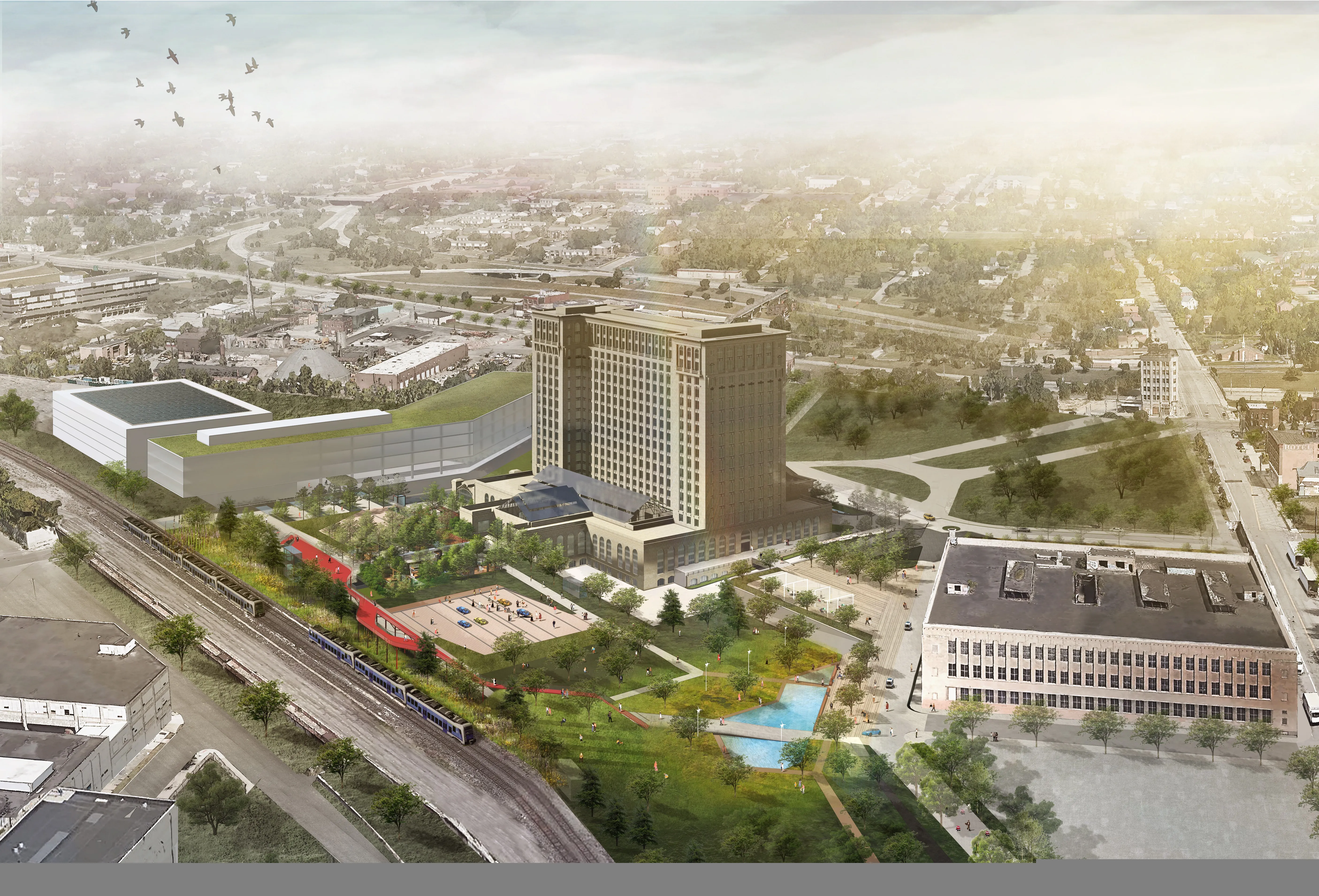SkyRail will operate along a 20km track with a capacity of 150,000 passengers per day. The route will be partially built over the sea and offer connections with the city’s subway system.
Stella Li, senior vice president of BYD and president of BYD Motors, says SkyRail will offer a zero-emission mode of transport for people living in Salvador.
The project will become part of the city’s light vehicle transport system, which is scheduled to begin construction within six months and will be fully operational by 2021.
SkyRail was launched in October 2016 following five years of research and development. It is currently operational in the western Chinese city of Yinchuan.
BYD to build autonomous monorail system in Brazil
BYD is to build its SkyRail autonomous monorail in Brazil to connect Salvador’s central business district with São João Island.
SkyRail will operate along a 20km track with a capacity of 150,000 passengers per day. The route will be partially built over the sea and offer connections with the city’s subway system.
Stella Li, senior vice president of BYD and president of BYD Motors, says SkyRail will offer a zero-emission mode of transport for people living in Salvador.
The project will become part
February 20, 2019
Read time: 1 min









